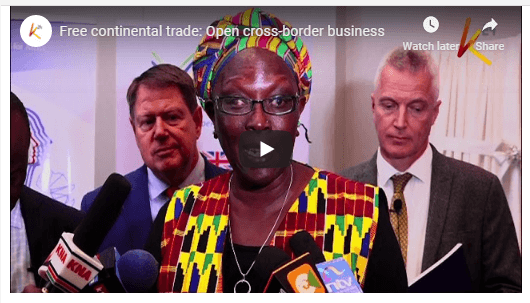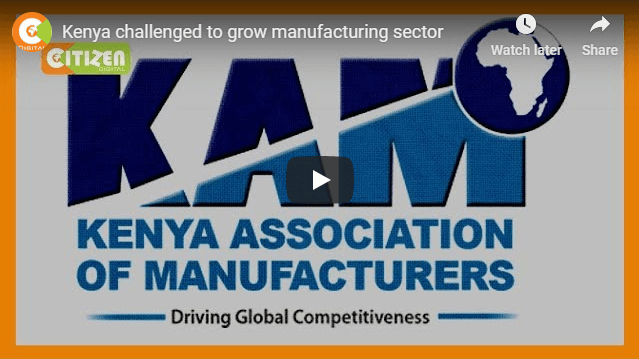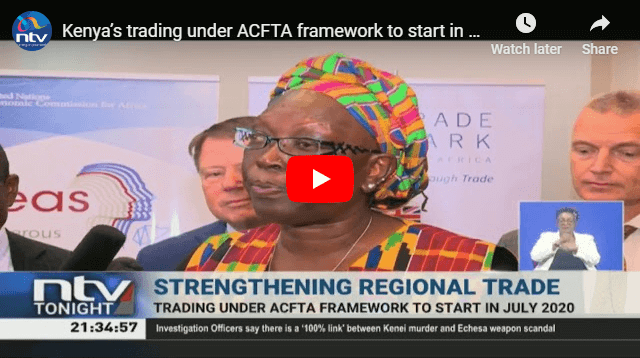NAIROBI (Reuters) - The greater East Africa region could gain two million new jobs if the African Continental Free Trade Area (AfCFTA) - due to start in July - works as planned, according to a study the United Nations released on Thursday. The AfCFTA, which is the biggest trading bloc in the world after the WTO, is designed to bring together Africa’s 55 countries into a single market of 1.3 billion people with an annual economic output of over $3.4 trillion. That will drive industrialisation, the U.N. Economic Commission for Africa (UNECA) said in the report, although the planned removal of tariffs on more than 90% of goods alone will not be enough. Officials must make sure businesses can move goods freely across borders and customs rules and procedures are consistent, the study warned. “What will have a big impact is making sure our borders operate seamlessly,” said Frank Matsaert, the head of Trade Mark East Africa, an organisation that promotes free trade in the region and co-produced the report with UNECA. Massive red tape and delays have crippled past attempts to integrate economies on the continent through existing smaller trade blocs like the East African Community. The 14 countries in the greater Eastern African region have some of the world’s fastest growing economies, such as Ethiopia, but the region suffers massive trade deficits. Importing large amounts of finished goods puts pressure on national currencies and hurts local industries, which are operating 20-40% below capacity because imports are cheaper, the...
East African industries to gain from continental free trade – study
Posted on: March 9, 2020
Posted on: March 9, 2020


















